The relationship between CNARED and the Government makes me think of those words of Didier Barbelivien singing: “Come back, we will live hand in hand, the adventure with you is so good …, ” because the question of CNARED’s return to the country is no longer taboo.
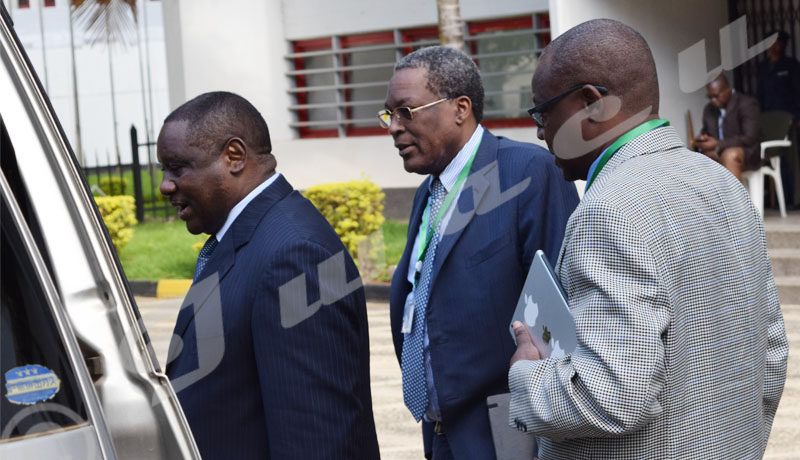 It all began far, far away towards the North Pole … in Helsinki, the capital of Finland, which reportedly hosted two secret meetings between the bosses of CNARED and the representatives of Burundi government.
It all began far, far away towards the North Pole … in Helsinki, the capital of Finland, which reportedly hosted two secret meetings between the bosses of CNARED and the representatives of Burundi government.
The first meeting would have taken place in November 2018 and the other in February 2019. The Finnish organization-Crisis Management Initiative-CMI imposed the Shattam house regime. (Participants promised not to reveal anything about the exchanges held behind closed doors). The purpose of these meetings was clear: organizing the return of the opponents in exile to the country.
The representatives of CNARED were asked to review some points of their demands, especially accepting the recently amended Constitution.
In return, they would return with a guarantee of their safety, amnesty and restitution of their property. Will both sides honor the commitments made in Helsinki? ? In any case, it seems okay on the side of CNARED. Back in Brussels, an ordinary session was convened. Seeing the communiqué released on March 12, CNARED made some readjustments. The objective would be “to meet the demands of the moment.”
The opposition platform in exile reaffirmed its commitment to democracy and elections as the only legitimate ways of access to power.
Onésime Nduwimana, CNARED communication officer, says the platform has decided on several strategies to get Burundi out of the crisis. “Strengthening its presence and action inside Burundi” is one of them.
Making a deal with the devil?
In light of the above, there is reason to believe that some CNARED politicians are already thinking about returning. As the communiqué states, the platform has decided to participate in the 2020 elections. All that would remain would be negotiating their return, gathering their militants, and therefore participate in the elections.
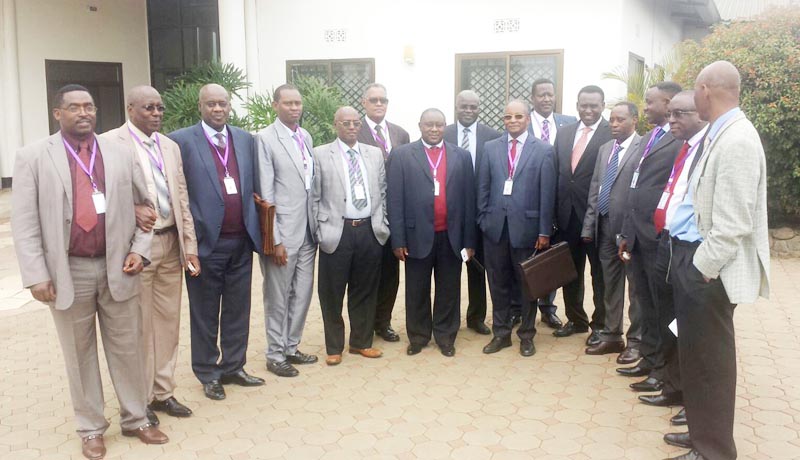 Gitega, meanwhile, has got nothing to lose on the contrary. It will capitalize on the return of these opponents to prove that it is an end to the crisis. As a reminder, the return of former President Sylvestre Ntibantunganya and Vice President Alice Nzomukunda has long been presented by the power as an example of security restored even for dissident voices.
Gitega, meanwhile, has got nothing to lose on the contrary. It will capitalize on the return of these opponents to prove that it is an end to the crisis. As a reminder, the return of former President Sylvestre Ntibantunganya and Vice President Alice Nzomukunda has long been presented by the power as an example of security restored even for dissident voices.
The return of CNARED would be a great success for the power. Its opponents still put forth the presence of refugees and the opposition in exile to justify a crisis that Gitega denies.
However, some observers wonder why Gitega would make compromises with its opponents. The facilitator in the inter-Burundian dialogue, Benjamin Mkapa , handed in his resignation. The recent summit of Heads of State has put back the question of dialogue sine die.
And for the time being, the Rwanda-Uganda conflict is more urgent and draws the attention of the entire East African community.
The answer is simple: CNARED poses no threat for it has been weakened.
Allowing the opposition platform in exile to participate in elections is not a problem. How much does it weigh on the internal political scene? Not really much.
All these negotiations are not viewed favorably by all the opponents in exile. The platform goes from defection to defection. The latest ones are those of CNDD and PPD-Girijambo parties. For the first party which is led by Léonard Nyangoma, it’s all about officially leaving the platform as well as its anarchy and manipulation. For Léonidas Hatungimana, leader of PPD-Girijambo, CNARED has become a club of friends and individuals with obscure goals and put aside the struggle. He was later on suspended from his party by the executive committee which refuses to leave the platform.
What political future is reserved for those who left CNARED? It is hard to tell now. They announce the establishment of a new political platform with a clear vision of imposing inclusive negotiations. Will it meet, this time, the expectations of those who had accompanied and believed in CNARED from its creation, and who helplessly witnessed the rifts within it which were often made public? This question has no answer for the moment.
Written by Agnès Ndirubusa and translated by
Pierre Emmanuel Ngendakumana

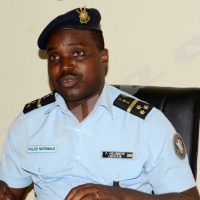
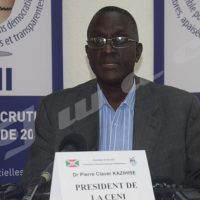
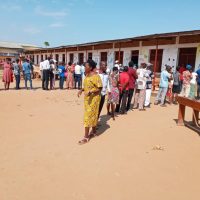
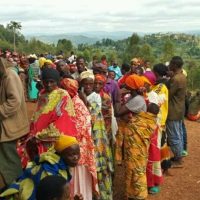
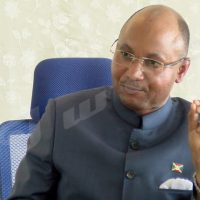













 IWACU Open Data
IWACU Open Data

